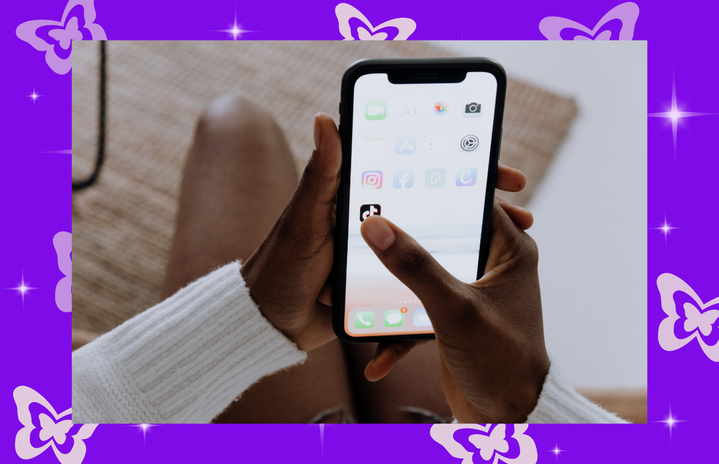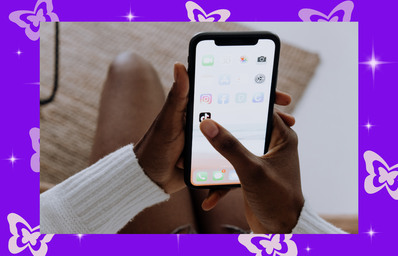As I write this piece, Russia has launched a missile attack on Kyiv. EU is readying a phased embargo on Russian Oil. China is seeing another string of Covid lockdowns. Elon Musk just bought Twitter with Jack Dorsey’s stamp of approval. After two years, China announced has permitted ‘some’ Indian students to return. Andrew Garfield just announced that he will taking time off from acting. James Corden will be leaving the Late Late Show after 8 years of hosting. A research found that climate change may increase the risk of viral disease outbreak.
These topics are saturating the media right now but may soon fade from our attention. The news cycle now moves at an unprecedented speed these days, leading to an always on environment. Trend cycles are getting shorter and topics move out of the public sphere quicker. A research found that a global Twitter trend in 2013 would last for 17.5 hours contrasted with the 11.9 hours in 2016. Although reports such as ‘Humans now have an attention span smaller than goldfish’ are not really true, we are facing an attention crisis. There isn’t enough data to indicate whether there has been a shortening of attention span but what is happening is the fragmentation of attention.
The driving force behind this crisis is the attention economy, which treats our attention as the product. With various media vying for our attention, whose aim is to make as much profit, the competitors are getting better at knowing what will grab our attention.
That Internet can be distracting and addictive is something that has been harped on for years. But that was before the Rohingya genocide, the widespread hate speech on Facebook in India, the leak that Facebook kept secret its internal research, that Instagram is harmful for teenage girls’ self esteem and before it was found that Cambridge Analytica had sold data from Facebook profiles to the Trump campaign during the 2016 US election.
What we attend to forms our lived experience, which we use to make the model of the world. The fight for attention isn’t just limited to selling products anymore. It determines what facts we are exposed. It shapes public opinion affecting politics. It would be an exaggeration to blame the Internet and Big Tech for all the ill we are facing as a society but the algorithms that determine what we attend to do have a tendency to bring out the most egregious parts of ourselves.
Opting out of the attention economy is becoming increasing impossible in a world that demands an online presence for getting jobs. I deleted my Instagram only to come back to it in a few months after a lot of my college got pushed online due to the pandemic. But I do believe there is merit in resistance. I’m not saying that we need to throw our phones away but attention is one of our most intimate currencies and it is important that we reclaim it and look at things that really matter.
There has recently been a rise in backlash against the Big Tech’s fight for our attention and the way they handle our data including from a number of industry insider. Sean Parker, the first president of Facebook, who also founded Napster, has called the platform a ‘social-validation feedback loop’ built around ‘exploiting a vulnerability in human psychology’. Tristan Harris, who worked as a ‘design ethicist’ at Google, has said that smartphones are engineered to be addictive. The Netflix documentary The Social Dilemma that came out in 2020 features a number figures from chief tech giants. But can we really trust these people to lead us out of the mess they helped create?

